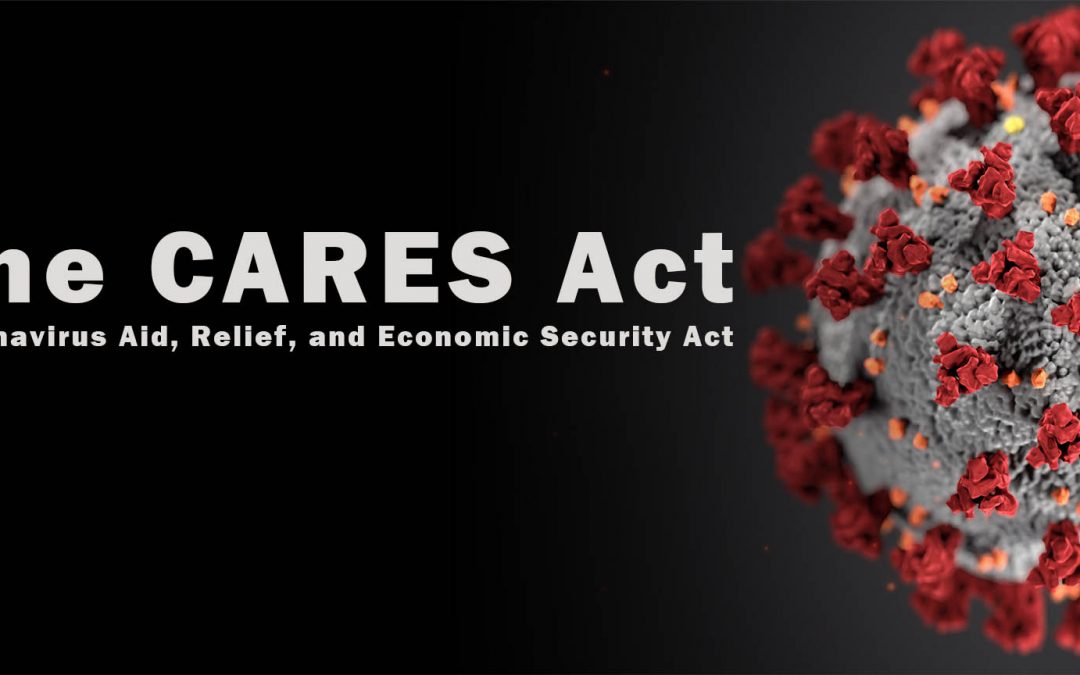In response to the COVID-19 global pandemic and state of emergency, Congress passed the Coronavirus, Aid, Relief, and Economic Security (CARES) Act on March 27, 2020. This is historic and sweeping legislation aimed at keeping workers paid and employed, allowing businesses to remain operational, make necessary health care system enhancements and stabilize the country. However, the Act is quite lengthy, so we are here to break down what exactly this means for you in your retirement.
Will I be penalized for taking distributions from my retirement plan?
The CARES Act waives the Code Section 72(t) additional 10% penalty tax on early (pre-age 59 ½) withdrawals up to $100,000 from a retirement plan or IRA for qualified individuals. To qualify, an individual must meet one of the following circumstances:
- Diagnosed with COVID-19
- Spouse or dependent diagnosed with COVID-19
- Experiencing adverse financial consequences as a result of being quarantined, furloughed, laid off, reduced hours, unable to work due to lack of child care due to COVID-19, closing or reducing hours of a business owned or operated by the individual due to COVID-19, or other factors as determined by the Treasury Secretary
Are retirement distributions still subject to income tax?
Yes. However, these distributions under the Act can be included proportionally in the qualified individual’s taxable income over a 3-year period, unless he/she chooses to have it taxed in the year of distribution.
Can the distribution be paid back to avoid income taxes?
Yes. Qualified distributions can be repaid within 3 years of taking the distribution. The repayment will be considered a rollover contribution and not subject to the annual maximum contribution limits.
Are retirement plan loans affected?
Yes. The CARES Act doubles the current retirement plan loan limits to the lesser of $100,000 or 100% of the qualified individual’s vested account balance in the plan. The increased loan amount is available for loans made during the 180-day period beginning on the day of enactment. The Act also extends the due date of any current loan repayments that would be due during 2020 to one year after the applicable due date.
Are RMDs (Required Minimum Distributions) still mandatory?
No. The CARES Act suspends RMDs during 2020. This applies to Traditional IRAs, SEP IRAs, Simple IRAs, and Beneficiary IRAs, as well as 401(k), 403(b) and Governmental 457(b) plans.
The CARES Act is extensive and can be very confusing. Please also reference more detailed CARES Act information in our Jacobi Media Center. As always, your Jacobi Capital Team is here to walk you through any questions or concerns you may have during this historic time. We fully intend to keep our promises to our clients and will continue along this journey with you.
This information was developed as a general educational guide and is not intended as authoritative guidance or tax or legal advice. Consult with your attorney or tax advisor for guidance on your specific situation.
